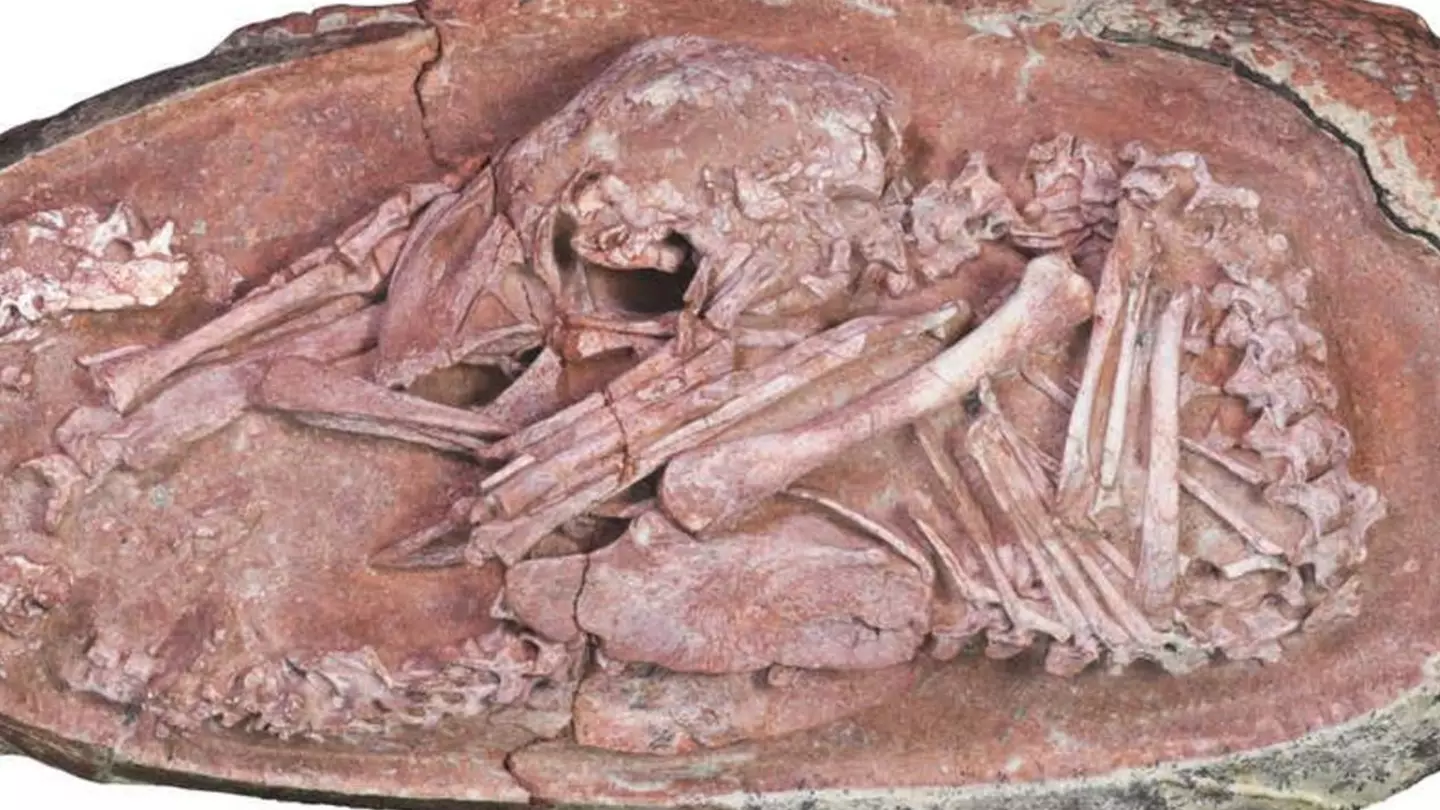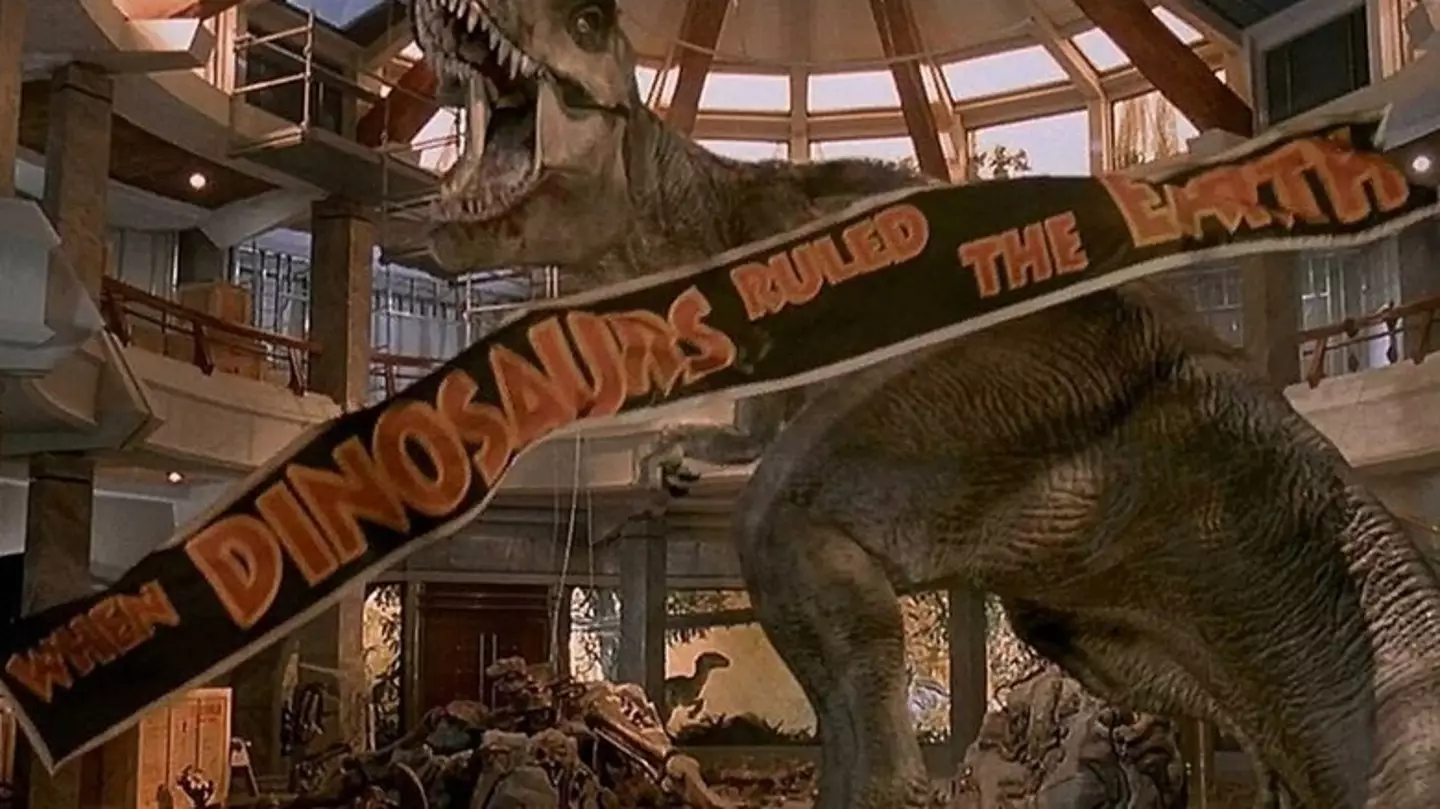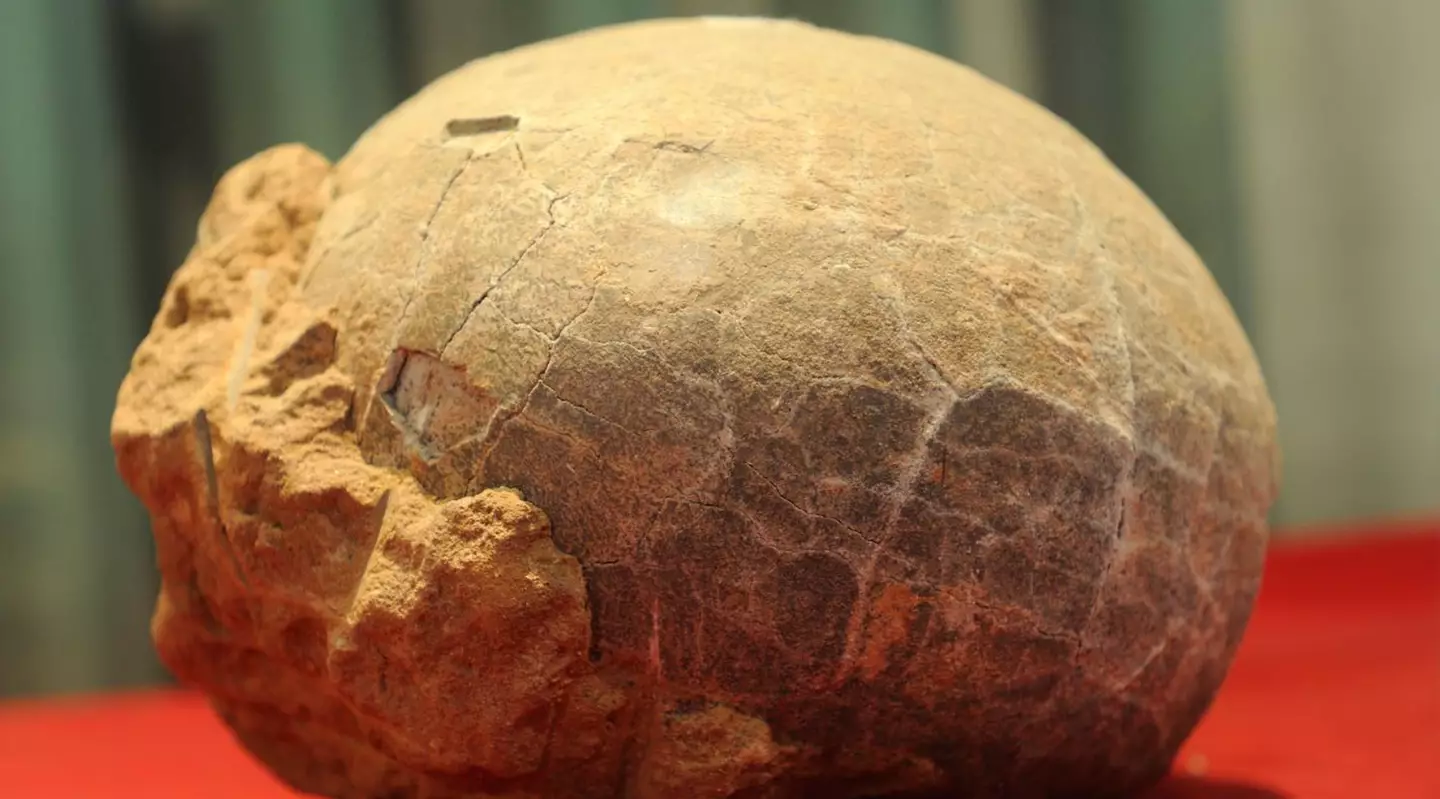
With news that a preserved dinosaur embryo was discovered in a fossilised egg in China, just how feasible would it be to recreate dinosaurs from their DNA? Could we soon have a real-life Jurassic Park on our hands?
Earlier this year, one paleontologist was asked if it would be possible to ‘get the DNA of dinosaurs and then recreate them’.
In an article for The Conversation, William Ausich, Professor Emeritus of Paleotology at the Ohio State University, explained that the first main problem would be obtaining the DNA, as it tends to deteriorate and ultimately disintegrate ‘after about 7 million years’.
Advert
“That sounds like a long time, but the last dinosaur died at the end of the Cretaceous Period. That’s more than 65 million years ago,” he said.
“Dig up a fossil today, and any dino-DNA within would have long since fallen apart.”

Explaining what might happen next in a hypothetical situation, Ausich said - perhaps unsurprisingly - it’s still not a particularly straight-forward process, as we'd still need to make sure we had all of the DNA.
Advert
He continued: “Just for fun, let’s imagine that somehow, sometime in the future, researchers came up with fragments of dinosaur DNA.
“With only fragments, scientists still could not make a complete dinosaur.
“Instead, they would have to combine the fragments with the DNA of a modern-day animal to create a living organism.
“That creature, however, could not be called an actual dinosaur. Rather, it would be a hybrid, a blend of dinosaur and, most likely, a bird or reptile.”
Advert
So it looks like the recent discovery of a fossilised dino egg - which was found in Ganzhou, southern China - won't result in cloned dinosaurs any time soon.
The egg is one of the most complete dinosaur embryos ever unearthed, despite being thought to be between 72 and 66 million years old.

The skeleton led researchers to conclude it was an oviraptorid, which is basically a two-legged birdy type of dinosaur.
Advert
It was first found in Shahe Industrial Park in 2000 and donated to Yingliang Stone Natural History Museum, in Nan'an, but had been gathering dust in a store room until 2015, when a staff member noticed bones sticking out of the shell.
Sensing the contents of the egg could be worth exploring, they contacted experts at the University of Birmingham, who have just published a study about their findings.
It's a remarkable discovery, but perhaps we should put plans for a dinosaur theme park on ice for now.
Discussing if attempting to make a hybrid dino with fragments of DNA was a particularly smart idea, Ausich said: “After all, the scientists in the Jurassic movies tried that. And you know what happened there.”
Featured Image Credit: Lida XingTopics: News
